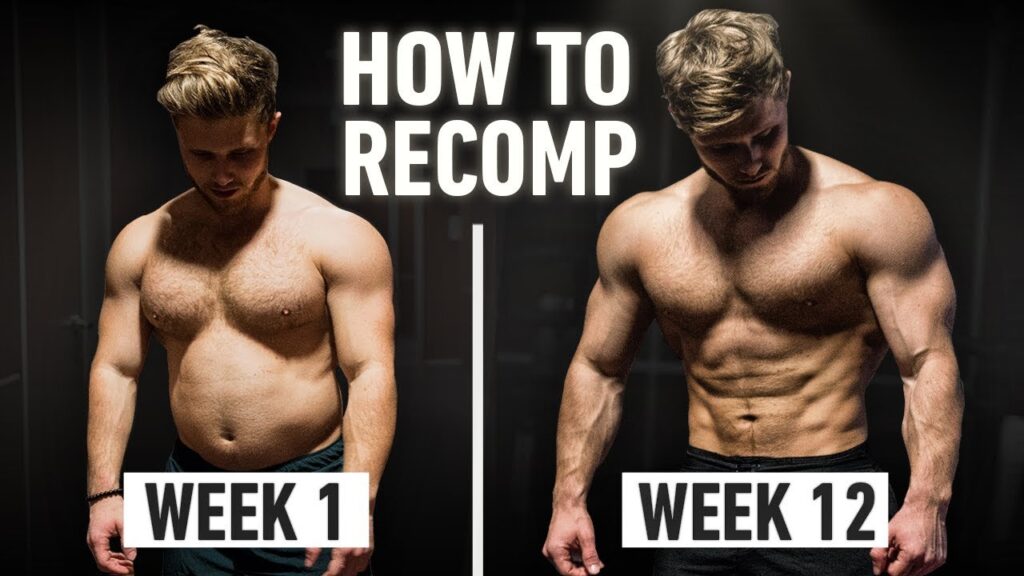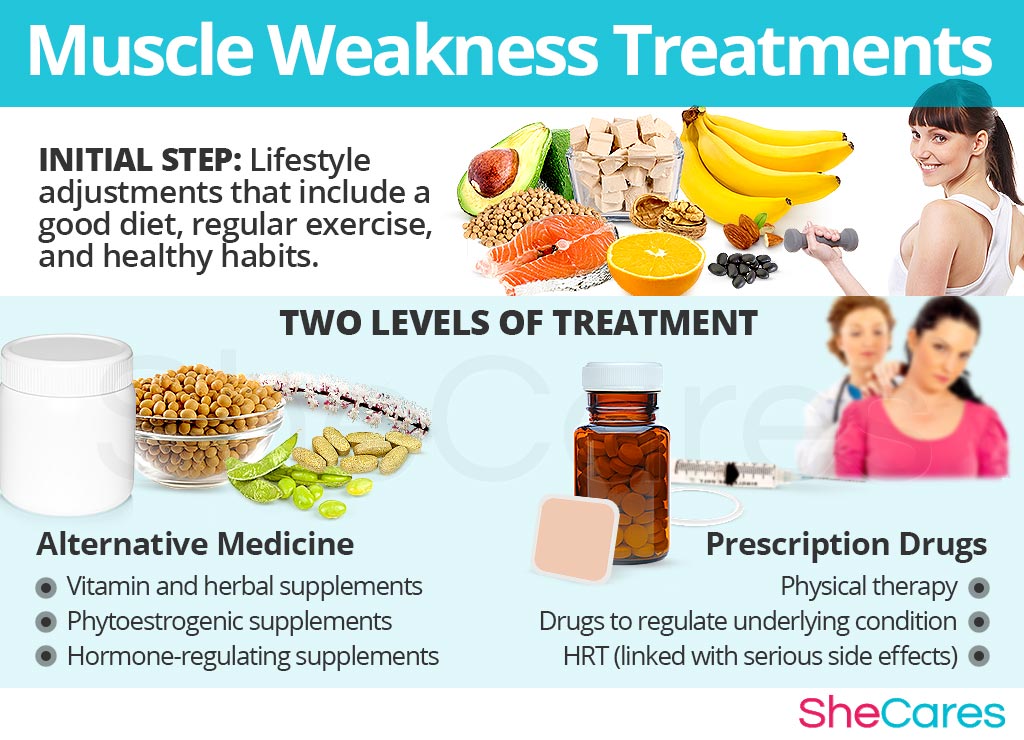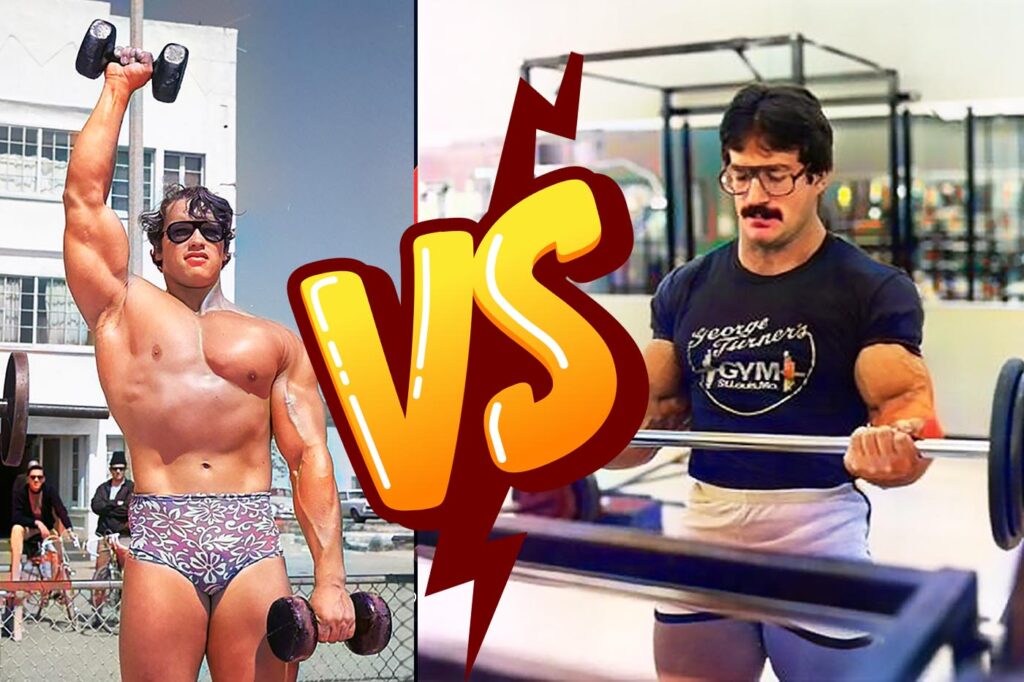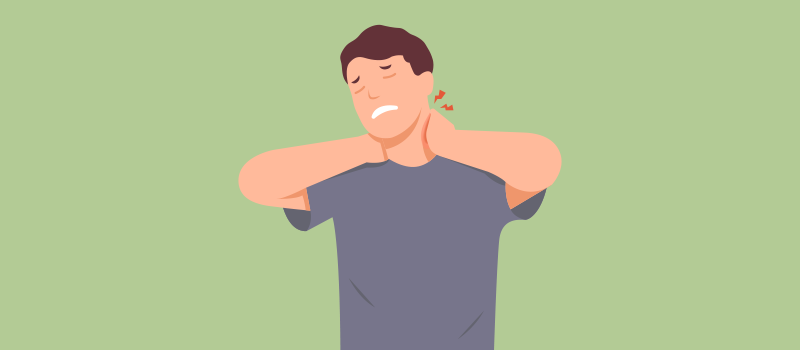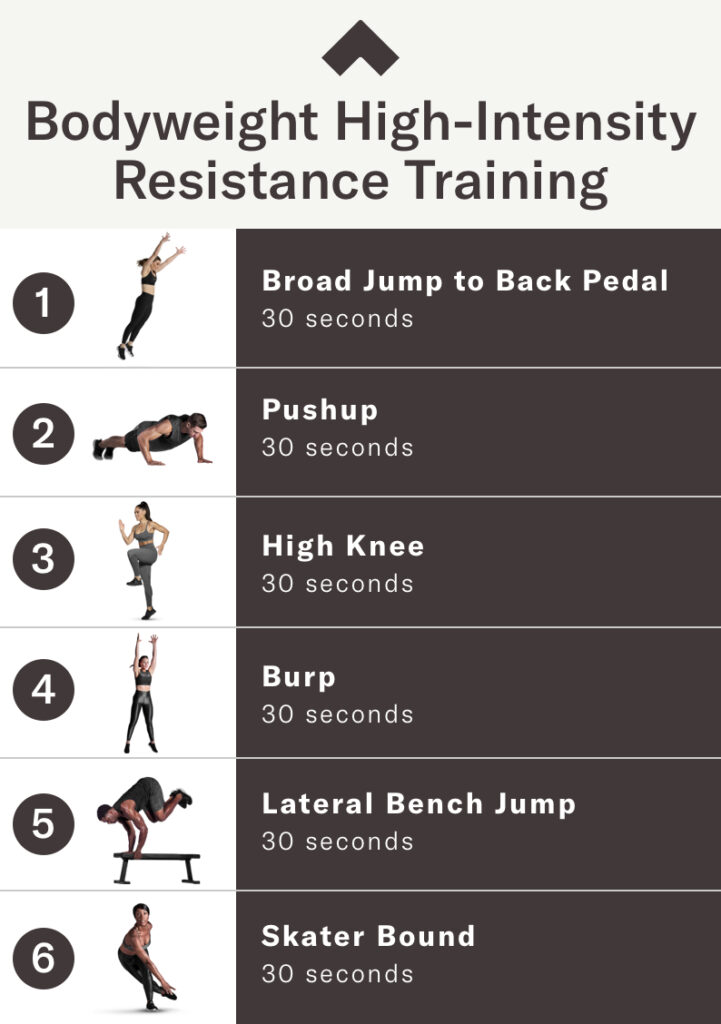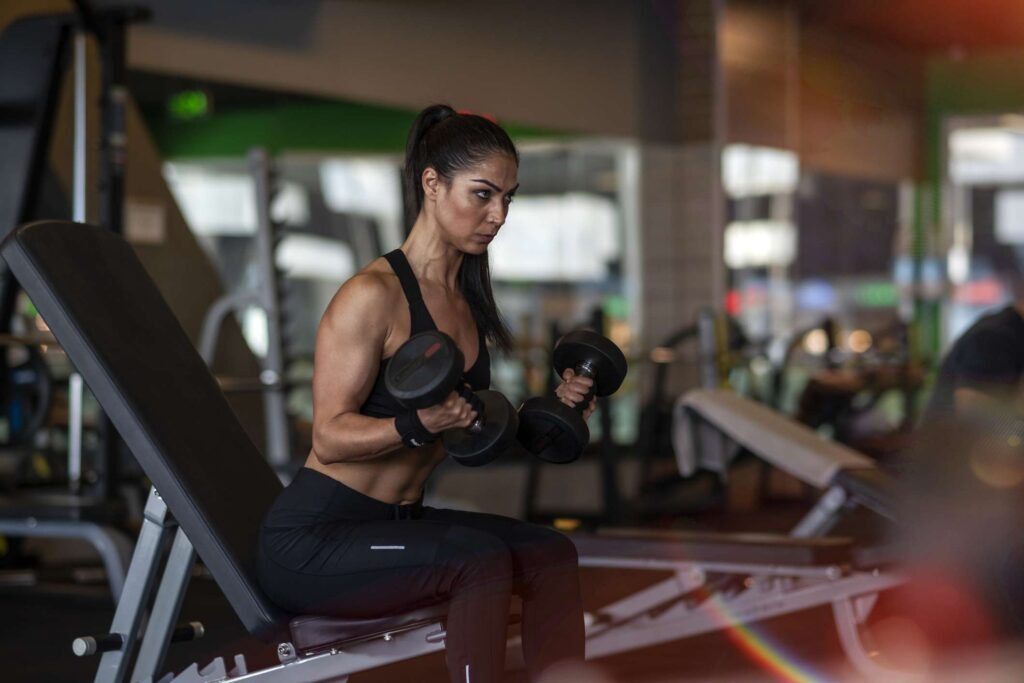Yes, you can build muscle and lose weight simultaneously. This process is known as body recomposition.
Building muscle and losing weight at the same time is achievable with the right approach. Prioritize strength training and maintain a balanced diet. Ensure adequate protein intake to support muscle growth. Incorporate high-intensity interval training (HIIT) for effective fat loss.
Consistency and discipline are key factors in achieving these dual goals. Proper rest and recovery also play crucial roles. Monitor your progress and adjust your routine as needed. Combining these elements can help you successfully build muscle and lose weight. With dedication, you can attain a leaner, more muscular physique.
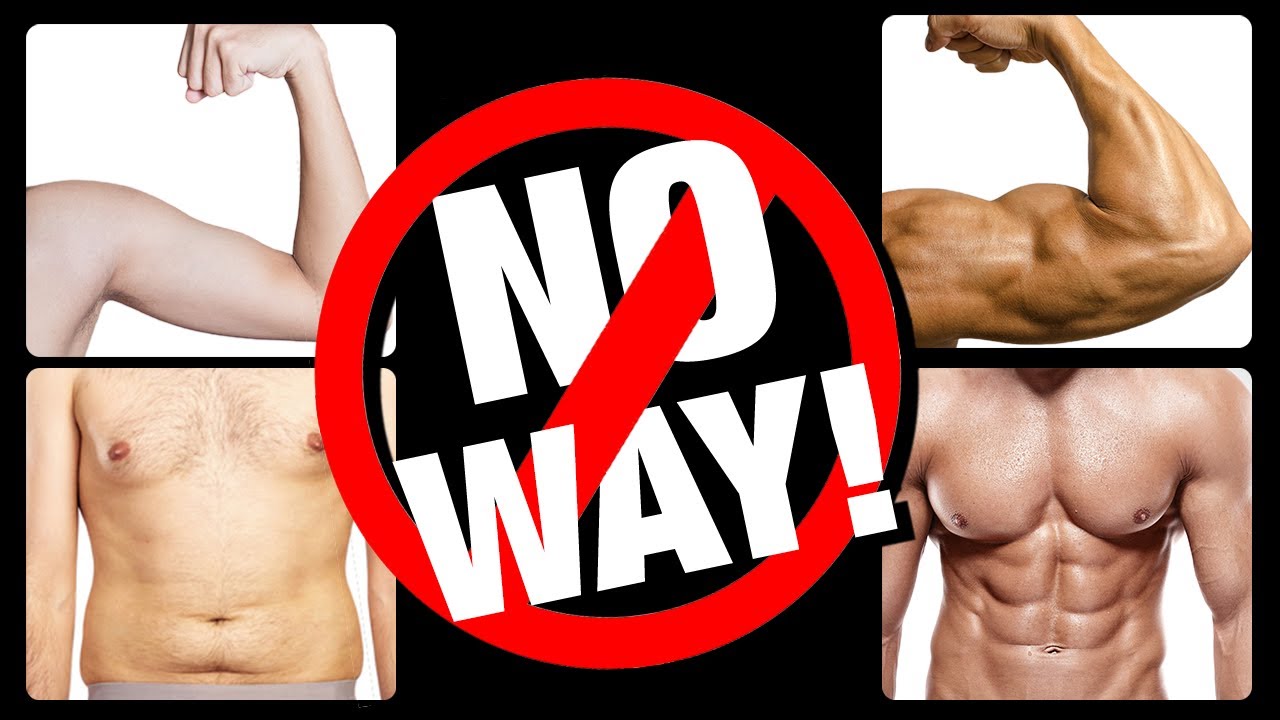
Credit: athleanx.com
The Science Behind Body Recomposition
Building muscle and losing weight at the same time is possible. This process is known as body recomposition. Protein is essential for muscle growth. It helps repair and build muscle tissue. Eating enough calories is important. But you need to burn more calories than you eat to lose fat. Strength training helps build muscle. Cardio exercises help burn fat. Combining both types of exercises gives the best results. Consistency is key to success.
Hormones play a big role in body recomposition. Testosterone helps build muscle. Cortisol can lead to fat gain when too high. Keeping stress levels low is important. Insulin helps control blood sugar. It also affects fat storage. Eating balanced meals helps manage insulin levels. Sleep affects hormone levels too. Getting enough sleep helps with muscle growth and fat loss.
Nutritional Strategies
Eating the right amount of calories is key. You need a caloric deficit to lose weight. But, you also need enough calories to build muscle. Find a balance that works for you. Track your calories with an app. This will help you stay on track.
Balance your macronutrients wisely. Protein helps build muscle. Carbs give you energy. Fats are important too. Aim for a diet that includes all three. Focus on high-protein foods like chicken and fish. Include healthy fats like avocado and nuts. Don’t forget complex carbs like brown rice and oats.
Effective Workout Routines
Resistance training helps build muscle and burn fat. Focus on compound exercises like squats, deadlifts, and bench presses. These work multiple muscle groups at once. Perform 3-4 sets of each exercise. Aim for 8-12 repetitions per set. Use weights that challenge you, but still allow good form. Rest for 60 seconds between sets.
Cardio helps burn extra calories and improve heart health. Include 20-30 minutes of cardio 3-4 times a week. Options include running, cycling, or swimming. High-Intensity Interval Training (HIIT) is very effective. Alternate between high and low-intensity efforts. For example, sprint for 30 seconds, then walk for 1 minute. Repeat this cycle for 20 minutes. This keeps your metabolism high and burns more fat.
Role Of Protein
Protein helps build and repair muscles. Eating enough protein is important. Aim for at least 0.8 grams per kilogram of body weight. Athletes may need more, up to 1.2-2.0 grams per kilogram. Choose lean protein sources like chicken, fish, and beans.
Eating protein at the right time helps muscle growth. Have protein-rich meals throughout the day. Include protein in every meal and snack. Post-workout protein is crucial. It helps repair muscles quickly. Aim for a protein shake or snack within 30 minutes after exercise.
Importance Of Rest
Getting good sleep is crucial for muscle growth. Your body repairs itself during sleep. Aim for at least 7-9 hours of sleep each night. Poor sleep can cause muscle loss and weight gain. Quality sleep boosts your energy and performance. Create a relaxing bedtime routine. Avoid screens before bed. Keep your room dark and cool.
Rest days are just as important as workout days. Muscles need time to recover and grow. Overworking can lead to injuries and burnout. Plan at least one or two rest days each week. Use rest days to relax and enjoy other activities. Light activities like walking can help. Listen to your body and give it the rest it needs.

Credit: www.youtube.com
Tracking Progress
Taking regular body measurements can show progress. Measure waist, hips, arms, and legs. Use a tape measure to get accurate results. Write down the measurements every two weeks. Compare the results to see changes. This helps in staying motivated. Make sure to measure at the same time of day. Track changes to understand your body’s response.
Track strength by recording weights lifted. Note the number of reps and sets. Increase weights gradually for better results. Keep a workout log to see improvements. Track progress in key exercises like squats, deadlifts, and bench presses. Strength gains show muscle growth. Consistent tracking helps in reaching goals faster.
Common Mistakes
Overtraining can harm your muscles. Rest days are very important. Muscles need time to recover. Too much exercise can lead to injuries. Balance your workouts with rest.
Eating too little can be bad. Muscles need fuel to grow. Healthy foods give you energy. Protein is very important. Skipping meals can make you weak. Balanced diet helps you build muscles.
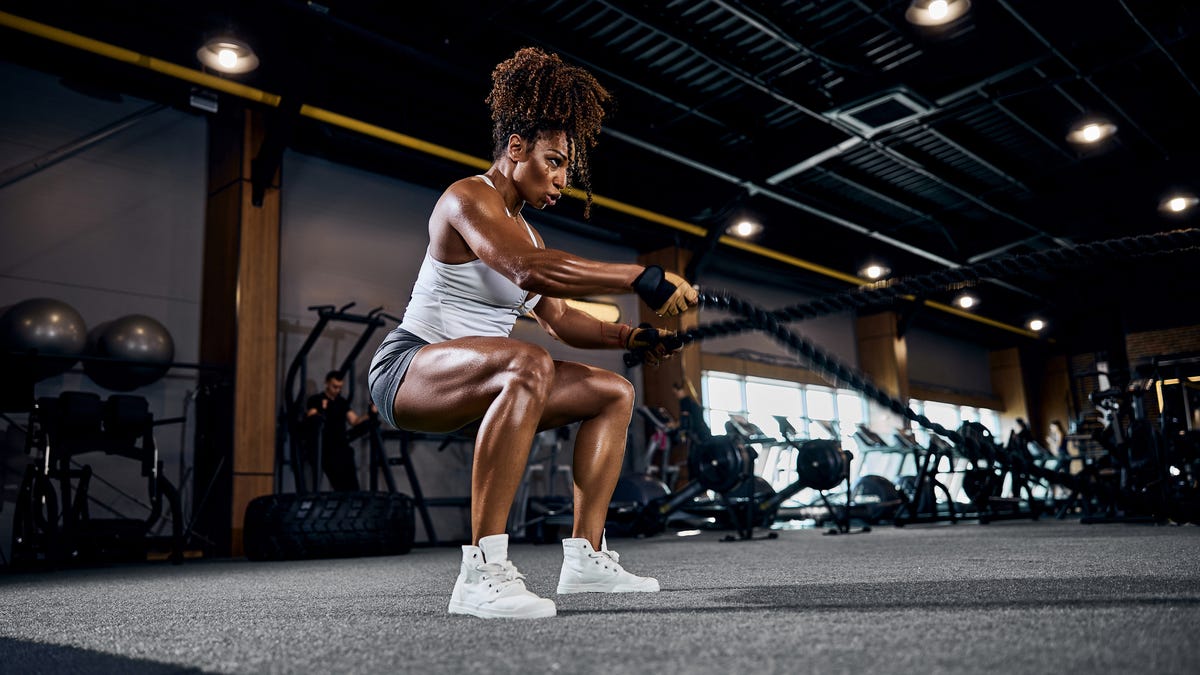
Credit: www.cnet.com
Success Stories
John lost 20 pounds and built muscle. He followed a strict diet and workout plan. Sarah combined cardio and strength training. She lost 15 pounds while gaining muscle. Mark focused on protein-rich foods and heavy lifting. He saw amazing results in just 3 months.
Consistency is key. Stick to your plan every day. Healthy eating is crucial. Choose foods that nourish your body. Exercise smartly. Mix cardio and strength training for the best results. Track your progress. Keep a journal to stay motivated.
Frequently Asked Questions
Can You Build Muscle And Lose Weight Simultaneously?
Yes, you can build muscle and lose weight simultaneously. This process is called body recomposition. It involves balancing your calorie intake, strength training, and proper nutrition.
What Is Body Recomposition?
Body recomposition is the process of losing fat and gaining muscle at the same time. It requires a careful balance of diet, exercise, and rest.
How Important Is Diet For Muscle Gain And Weight Loss?
Diet is crucial for muscle gain and weight loss. Eating sufficient protein supports muscle growth, while a calorie deficit aids in fat loss.
Does Strength Training Help In Losing Weight?
Yes, strength training helps in losing weight. It increases muscle mass, which boosts your metabolism and burns more calories.
Conclusion
Achieving both muscle gain and weight loss is possible with the right strategy. Focus on balanced nutrition, consistent workouts, and adequate rest. Track your progress and adjust your routine as needed. Remember, patience and persistence are key. With dedication, you can reach your fitness goals effectively.

